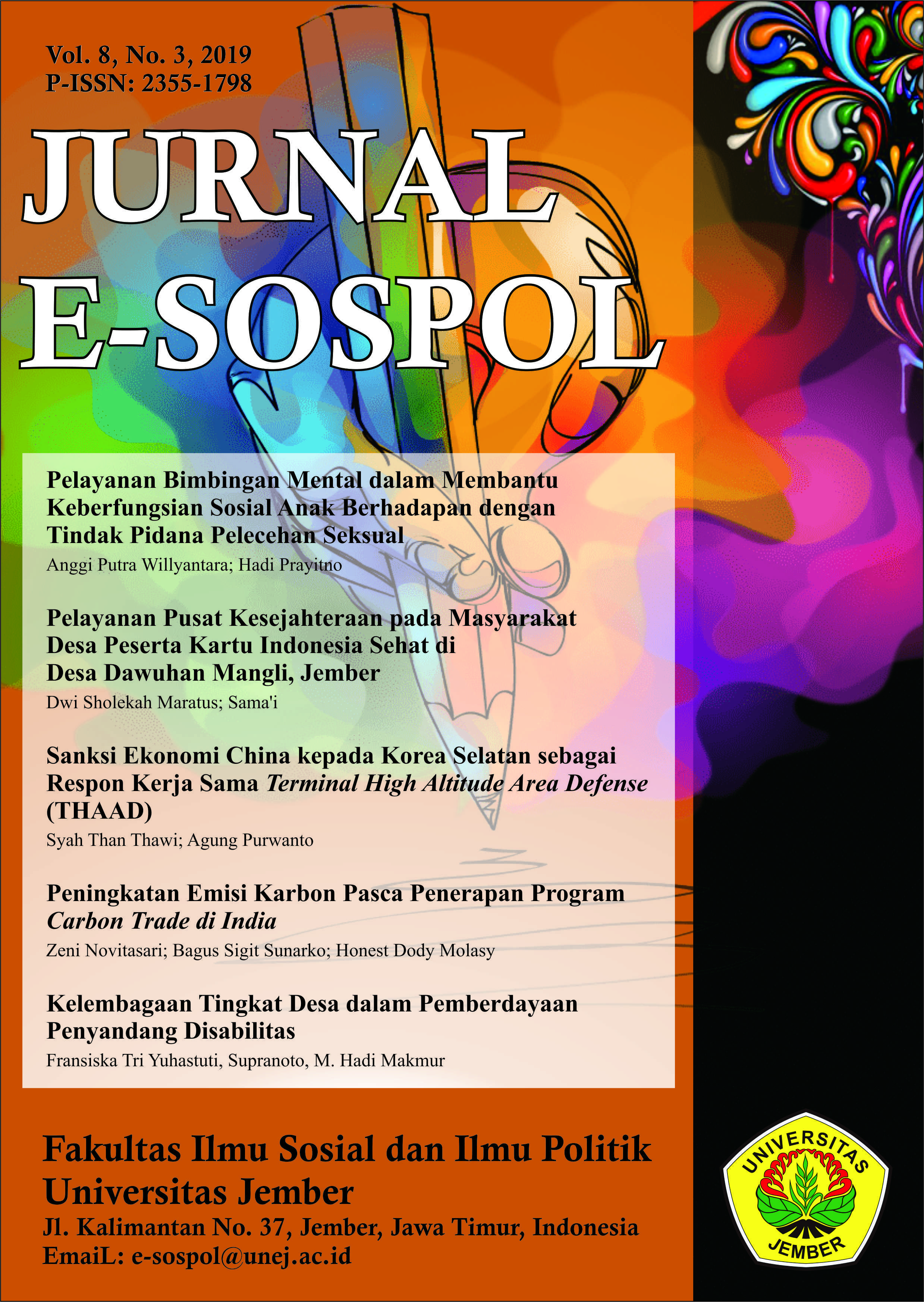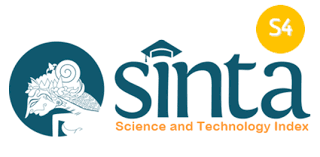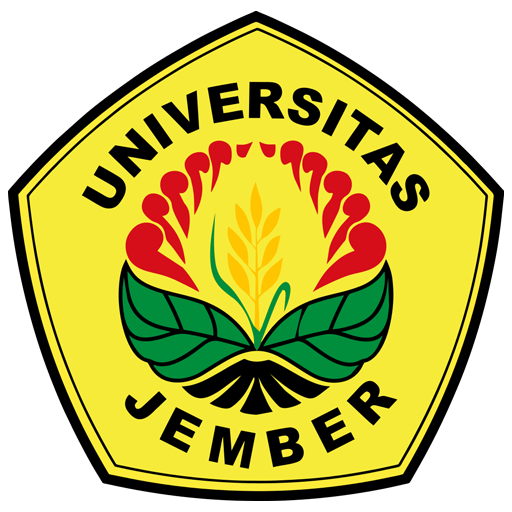Sanksi Ekonomi China kepada Korea Selatan sebagai Respon Kerja Sama Terminal High Altitude Area Defense (THAAD)
Abstract
This study analyzes China's economic sanctions to South Korea as a response to the cooperation of the Terminal High Altitude Area Defense (THAAD). This study uses qualitative research methods based on data obtained through literature studies sourced from descriptive books, journals and online media. This scientific article uses Decision Making Process Theory and the concept of economic sanctions in analyzing China's economic sanctions to South Korea as a response to the Terminal High Altitude Area Defense (THAAD) cooperation. China applies economic sanctions based on internal and external factors. The geographical location of China in one East Asian region and side by side made China oppose the existence of THAAD because its radar system could penetrate into its territory so that it could disturb national interests and destroy regional security stability. Community support for the government is one of the reasons China has given economic sanctions to South Korea. The dependence of South Korea's economy on China which is its biggest trading partner makes economic sanctions very impacting on South Korea. China imposed economic sanctions to reject South Korea's policies regarding the cooperation of THAAD. China wants to reduce the capabilities of the South Korean military because it does not want the placement of THAAD to endanger the security of its country.
Downloads
Downloads
Published
Issue
Section
License
Penulis yang mengusulkan naskahnya untuk dapat diproses penerbitannya pada e-SOSPOL dianggap telah menyetujui beberapa hal sebagai berikut:
1. Penulis tidak dapat menarik naskah yang telah usulkan untuk diproses hingga mendapat jawaban dari Ketua Dewan Penyunting atas status naskah artikel ilmiahnya (diterima atau ditolak untuk diterbitkan).
2. Penerbit tidak bertanggung jawab terhadap kasus plagiasi atas artikel yang terbit pada e-SOSPOL
3. Penerbit tidak bertanggung jawab atas data dan isi dari artikel yang diterbitkan pada e-SOSPOL, dan sepenuhnya merupakan tanggung jawab penulis.








